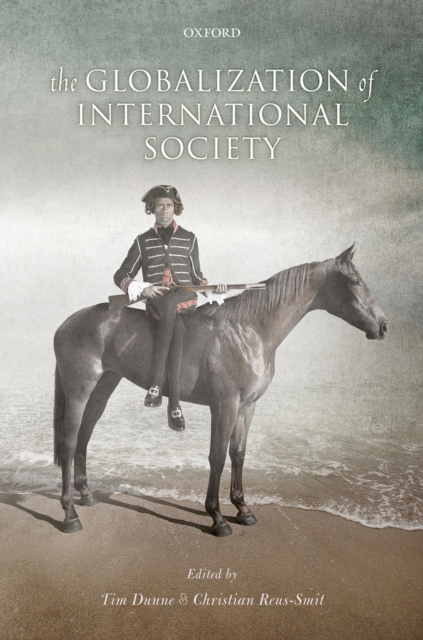
The Globalization of International Society PDF
Edited by Tim Dunne, Christian Reus-Smit
Description
The Globalization of International Society re-examines the development of today's society of sovereign states, drawing on a wealth of new scholarship to challenge the landmark account presented in Bull and Watson's classic work, The Expansion of International Society (OUP, 1984).
For Bull and Watson, international society originated in Europe, and expanded as successive waves of new states were integrated into a rule-governed order.
Internationalsociety, on their view, was thus a European cultural artefact - a claim that is at odds with recent scholarship in history, politics, and related fields of research. Bringing together leading scholars from Asia, Australia, Europe, and the United States, this book provides an alternative account: it draws out the diversity of polities that existed at around c1500; it shows how interacting identities, political orders, and economic forces were intensifying within and across regions; it details the tangled dynamics that helped to globalize the European conception of a pluralist international society, through patterns of warfare and between East and West. The Globalization of International Society examines the institutional contours of contemporary international society, with its unique blend of universal sovereignty and global law, and its forms of hierarchy that coexist with commitments to international human rights.
The book explores the multiple forms of contestation that challenge international society today: contests over the limits of sovereignty in relation to cosmopolitan conceptions of responsibility, disputes over globalgovernance, concerns about persistent economic, racial, and gender-based patterns of disadvantage, and lastly the threat to the established order opened up by the disruptive power of digital communications.
Information
-
Download - Immediately Available
- Format:PDF
- Pages:544 pages
- Publisher:OUP Oxford
- Publication Date:22/12/2016
- Category:
- ISBN:9780192511935
Information
-
Download - Immediately Available
- Format:PDF
- Pages:544 pages
- Publisher:OUP Oxford
- Publication Date:22/12/2016
- Category:
- ISBN:9780192511935






